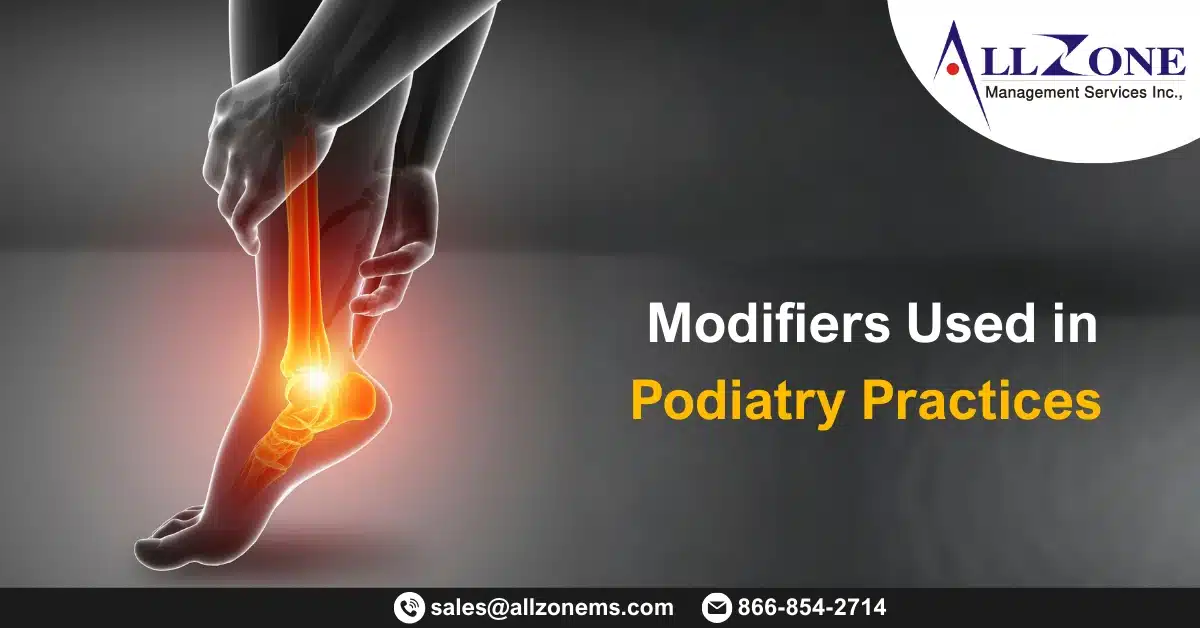Medical claim denials continue to be one of the biggest challenges in revenue cycle management (RCM). Among the many denial codes issued by payers, the B7 denial code is a frequent yet often misunderstood reason for claim rejection or reduced reimbursement. If not addressed promptly and correctly, B7 denials can lead to delayed payments, increased […]
Hyperlipidemia is one of the most commonly diagnosed chronic conditions in clinical practice, significantly increasing the risk of cardiovascular disease, stroke, and metabolic disorders. With the rising prevalence of lipid disorders, accurate ICD-10 coding for hyperlipidemia has become essential for proper documentation, reimbursement, and compliance. Even minor coding errors can lead to claim denials, underpayment, […]
In today’s complex healthcare billing environment, patients are increasingly paying out-of-pocket for medical services and later seeking reimbursement from their insurance plans. This shift has made the Direct Member Reimbursement (DMR) form an essential component of the revenue cycle for both patients and healthcare providers. A Direct Member Reimbursement form allows insured members to request […]
Dental and oral procedures are increasingly billed to medical insurance when services are medically necessary, creating a growing demand for specialized dental billing services that understand both dental and medical coding requirements. In these cases, CPT® codes—not CDT codes—are required for accurate claim submission and reimbursement. However, many dental practices face challenges in identifying the […]
Accurate medical billing is critical for podiatry practices, where services often involve procedures performed on paired body parts, multiple treatments in a single visit, and condition-specific care such as routine foot care or diabetic foot management. One of the most important components of compliant podiatry billing is the correct use of CPT® and HCPCS modifiers. […]
The Healthcare Common Procedure Coding System (HCPCS) Level II plays a critical role in reporting supplies, non-physician services, and durable medical equipment not captured by CPT® codes. Among these alphanumeric codes, HCPCS Level II D codes are specifically designed to represent dental procedures and services. While primarily associated with dental billing, D codes are increasingly […]
Blood and immune disorders classified under ICD-10-CM codes D50–D89 represent a complex group of conditions that significantly influence patient outcomes, documentation accuracy, and reimbursement in cardiology practices. These disorders frequently coexist with cardiovascular conditions, adding clinical complexity that must be accurately captured in medical records and claims. For cardiology providers, precise coding of blood and […]
Healthcare providers in the United States who treat military personnel, retirees, and their dependents often face billing requirements that differ from standard commercial or Medicare claims. One such requirement is Claim Form DD 2642, a paper-based medical claim form used for submitting reimbursement requests to the Department of Defense. Although electronic claims are widely used […]
In the fast-evolving healthcare landscape, audiology professionals face increasing pressure to ensure accurate coding and billing to maintain smooth operations and optimize reimbursements. For audiologists, hearing specialists, and billing teams alike, understanding Audiology CPT codes is crucial. At Allzone, we know that the foundation of efficient audiology practice management lies in mastering the correct CPT […]
Accurate use of CPT and HCPCS modifiers plays a critical role in clean claim submission, correct reimbursement, and compliance with payer guidelines. Among the anatomic modifiers used in medical billing, toe modifiers are especially important for podiatry, orthopedic, and surgical practices. One such modifier is Modifier TA, which identifies procedures performed on a specific toe. […]










